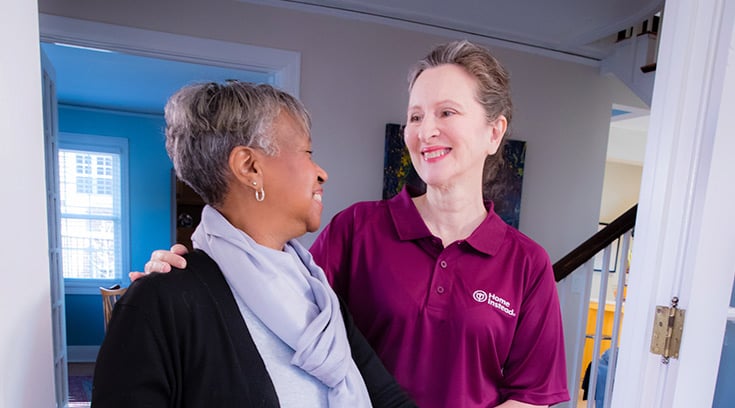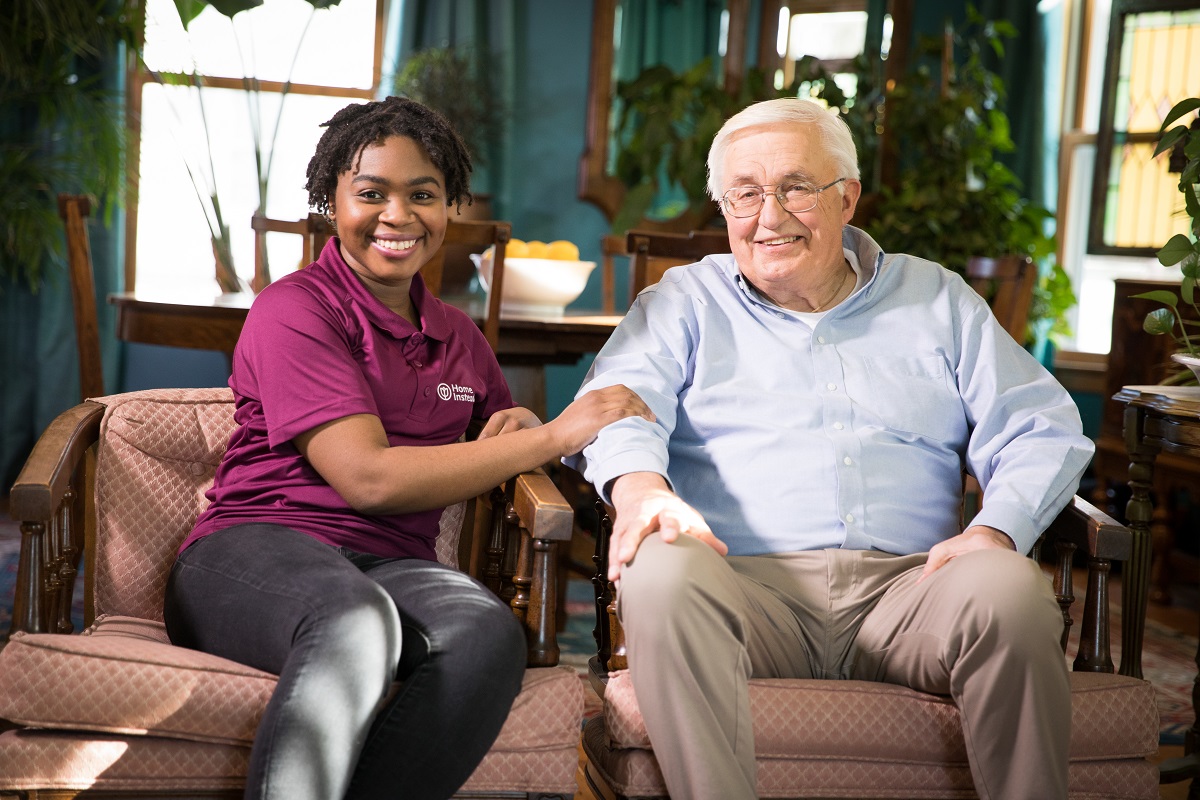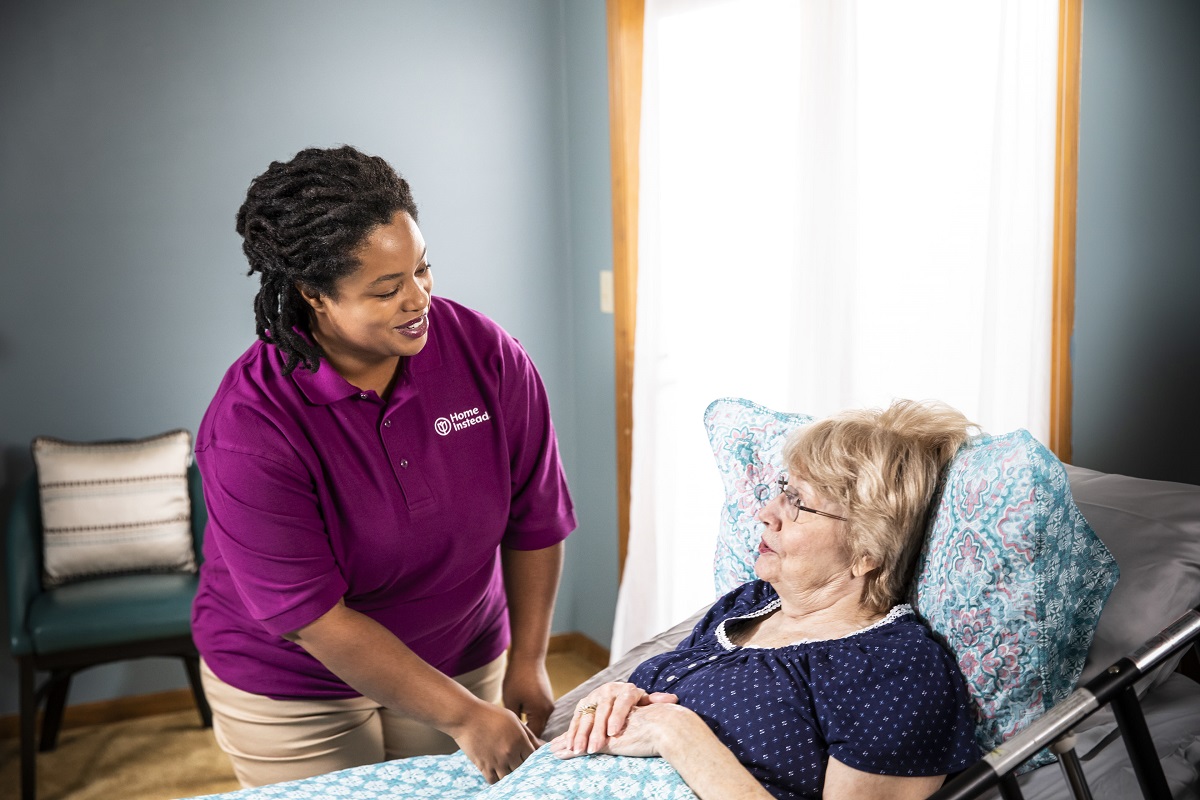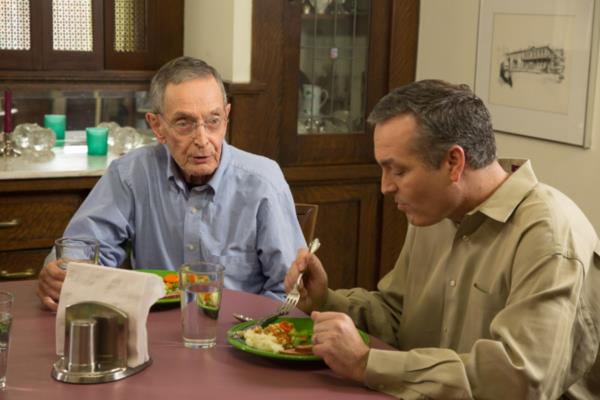It can be stressful when someone you love is discharged from the hospital. How much care will be needed? Will medications change? Is special equipment necessary? How and who will provide care at home?
The following checklist may help determine the amount of care needed. When going through the list, make a note of how much time it will take to accomplish the various tasks. If hiring a home care agency to help provide care, factor in a small amount of time to manage those services as well. It’s worth noting that it’s okay to ask for help. Use these tips to ease any anxiety about asking family, friends or neighbors to pitch in.
9 Things to Consider After a Hospital Discharge
Patient Care
1. Patient Restrictions and ActivitiesWill your family member be able take a bath or shower, lift heavy items or walk up stairs? Is 24/7 care required? Are you prepared to help with exercise instructions as well as train other family members?
2. Health Care TasksWhat care tasks will be needed and is special training required to accomplish them? If possible, plan on receiving the training, such as wound care or taking and recording vital signs, while your family member is still in the hospital. Get recommendations for home health or home care services to help with these tasks.
3. Special DietsWill any special foods need to be purchased or prepared in advance? For example, your loved one may be on a restricted or liquid diet for some period of time.
4. Medication ManagementWill you be able to ensure the correct medication and dosage is taken at the right time? Ask for a chart that explains all the medications and when and how they should be taken (mealtime and bed time are great cues).
Be sure anyone helping provide care is aware of any side effects from the medications. It’s also good to confirm how medications can be received – pick up at the pharmacy or online order and delivery. Pharmacists are a great, often underutilized resource. Check out these 10 key questions to ask a pharmacist.
Use these 8 tips to help avoid medication mistakes.
5. Follow-up CareWho will arrange for follow-up care and appointments? How often and where will they need to take place? Who will be responsible for transportation? Oftentimes, a professional caregiver can be hired to help with transportation.
Supplies and Safety
6. Equipment and SuppliesMake a list of items you will have to shop for and whether you will need to provide assistance or receive training to use them. Items needed might include home medical equipment like a hospital bed, shower chair, oxygen supply, disposable gloves or special skin care items.
7. Home SafetyWhat changes are needed to help make your loved one’s home a safe place to recover? Remove any trip hazards like loose area rugs and cords and ensure your loved one has gripping shoes or house slippers. Make room for large medical equipment or a bed by moving or storing other furniture or household items. Use this Home Safety Checklist to ensure your senior returns to the safest environment possible.
Finding a prominent place to post important information such as medication schedules and emergency contacts for family members and caregivers to reference is also a best practice recommendation.
Finances
8. Medical ExpensesIdentify a trusted family member or primary caregiver to manage your loved one’s medical expenses. This can include correspondence with the hospital and/or rehab facilities, Medicare and insurance companies.
9. Other Financial IssuesWho will manage your loved one’s finances, deposit retirement payments, balance his or her checking account and pay bills? There may be additional financial issues including taxes and home maintenance and repairs as well. Oftentimes, dividing up tasks amongst family members can ease caregiver stress.
Create a Care Plan
After everything has been considered, create a care plan that goes hand-in-hand with the discharge plan. Remember that you don't have to do everything on your own; hiring professional in-home caregiver services for even just a few hours per week can ensure your loved one’s care plan is completed and provide family caregivers some time to focus on personal needs. A local Home Instead office can schedule an in-home consultation that could help determine the amount of care an older adult requires by focusing on their care needs.
In-Home Care for Chronic Conditions
Living with a chronic health condition can feel overwhelming. Home Instead skilled Care Professionals relieve the burden with person-centered care tailored to individual needs.





